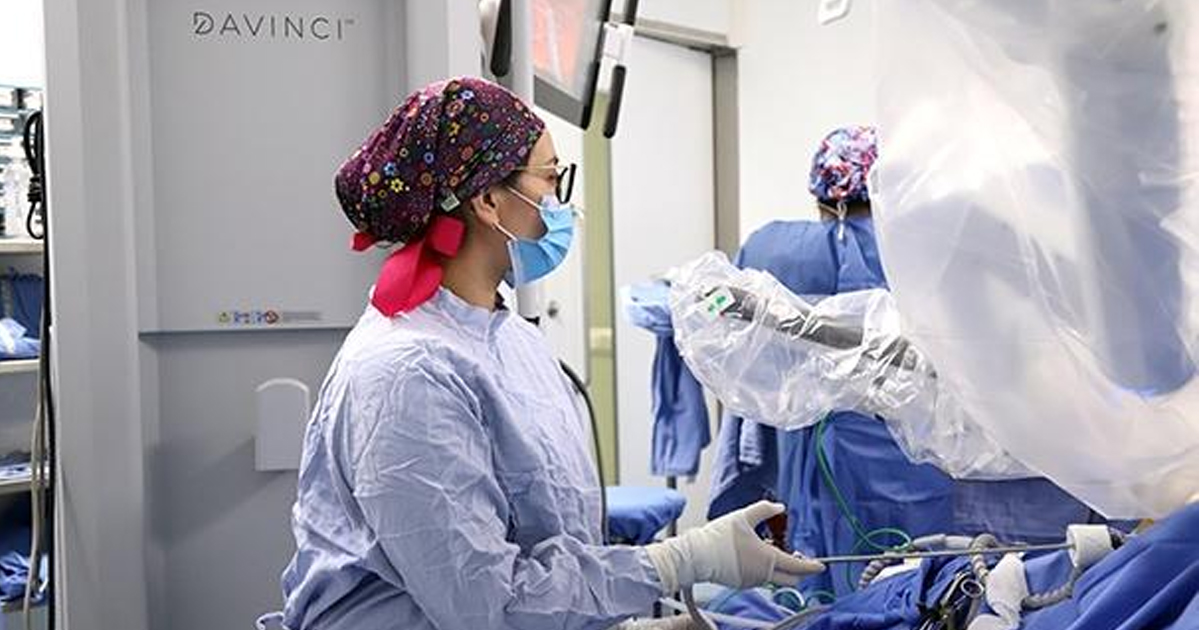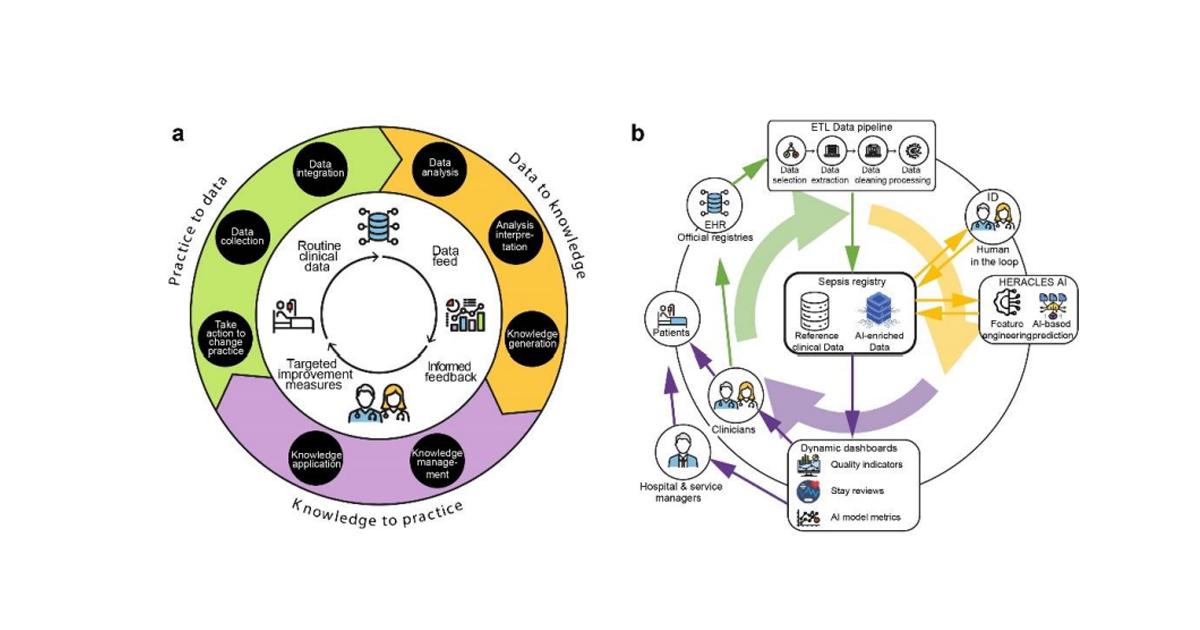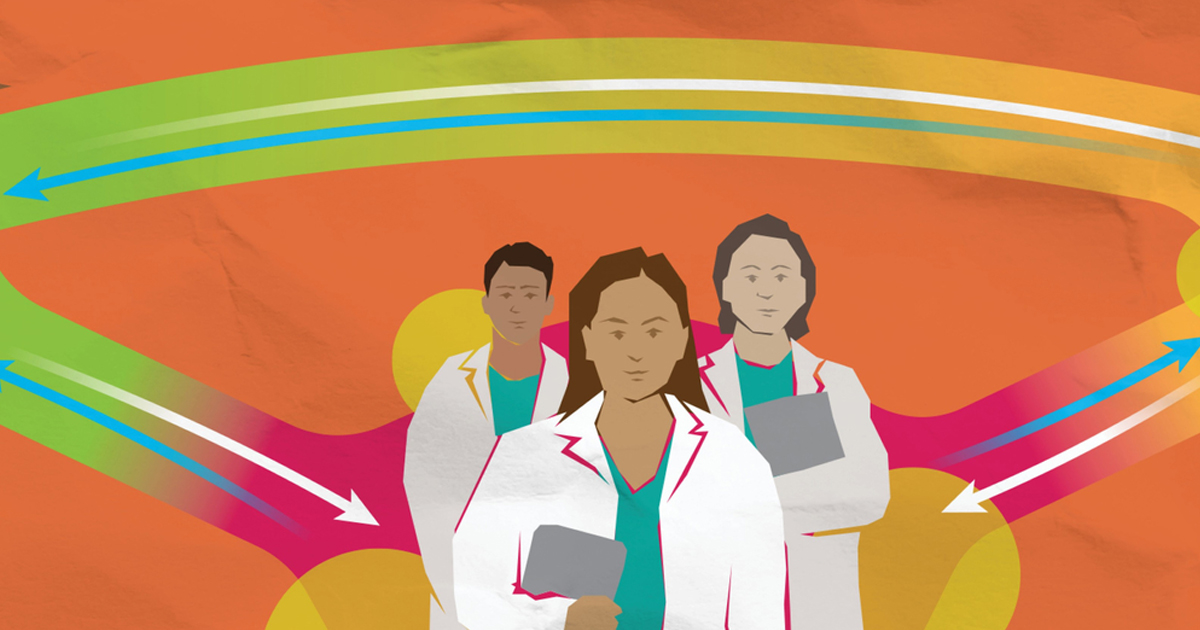Aplicación móvil desarrollada por investigadores de la Universidad de Chile (U. de Chile), durante 14 meses, podría detectar enfermedades respiratorias a través de la voz de los pacientes.
La aplicación basada en Artificial Intelligence (AI), tiene como propósito evaluar la posibilidad de problemas respiratorios en pacientes, utilizando un mecanismo de voz a través del micrófono de un teléfono móvil. La app ha superado con éxito pruebas que han determinado su validez.
Néstor Becerra Yoma, director y fundador del Laboratorio de Procesamiento y Transmisión de Voz (LPTV), de la U. de Chile, colaboró con los académicos del Departamento de Ingeniería Eléctrica (DIE), de la misma universidad, César Azurdia, Claudio Estévez y Sandra Céspedes, para la creación de este sistema de detección de enfermedades respiratorias. Para ello también contó con el apoyo de la Dra. Laura Mendoza y su equipo de neumología del Hospital Clínico de la U. de Chile (HCUCH).
“Con esta tecnología deseamos detectar y prevenir a estas personas, antes de que se encuentren en un estado crítico de dificultad respiratoria. También, queremos hacer seguimiento de aquellos pacientes que quedaron con deficiencia respiratoria como secuela debido a la pandemia”, explicaba Becerra en noviembre de 2020.

Durante 2021, la tecnología utilizada en la app fue evaluada con ensayos clínicos y fue validada en laboratorios, demostrando resultados positivos. El siguiente paso es la acreditación por parte de instituciones públicas para poder masificar su uso. También en 2021, fue presentada en el 52º Congreso Chileno de Enfermedades Respiratorias.
Inicialmente, el objetivo de esta herramienta fue detectar y realizar seguimientos de forma automática para las personas con riesgo de contagio de COVID-19, sim embargo, la Dra. Laura Mendoza explicó que también sería útil para dar seguimiento a pacientes de disnea.
“Puede ayudar a tener un seguimiento más confiable de la disnea… Y tener más seguridad de la evolución y respuesta a tratamiento de enfermedades respiratorias tanto agudas como crónicas. También, como herramienta puede dar un signo de alerta a un paciente que se encuentra a distancia cursando una neumonía, porque puede indicarle un mayor riesgo de agravarse y deba ser evaluado de forma presencial y ser hospitalizado, en forma oportuna”, explicó.
Asimismo, una de las ventajas de la aplicación es representa una oportunidad de atender a pacientes de manera remota, especialmente para aquellos que viven en zonas rurales y/o son adultos mayores que tiene complicaciones en el traslado a clínicas u hospitales.
Por su parte, Becerra explicó que esta herramienta pude ayudar a mejorar las atenciones clínicas a distancia y aportar en el monitoreo de enfermedades broncopulmonares o relacionadas con la contaminación ambiental.
¿Cómo funciona?
Becerra, explicó que la app y el sistema de AI pide que el paciente pronuncie algunas fonetizaciones de manera controlada. La tecnología de AI puede reconocer la pronunciación de palabras o frases que no son necesaria para el análisis y estas son eliminadas a través de un algorithm of machine learning. Posteriormente a través de aprendizaje profundo y la pronunciación de los pacientes, es posible estimar el grado de disnea o dificultad respiratoria.
“Esta tecnología puede tener un gran beneficio social, por lo mismo, esperamos que pronto pueda ser utilizada de modo masivo ahora o después de pandemia”, explicó el especialista y también profesor de la U. de Chile.
THIRD
EL ESPAÑOL
HEALTH DAILY







